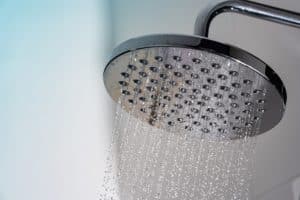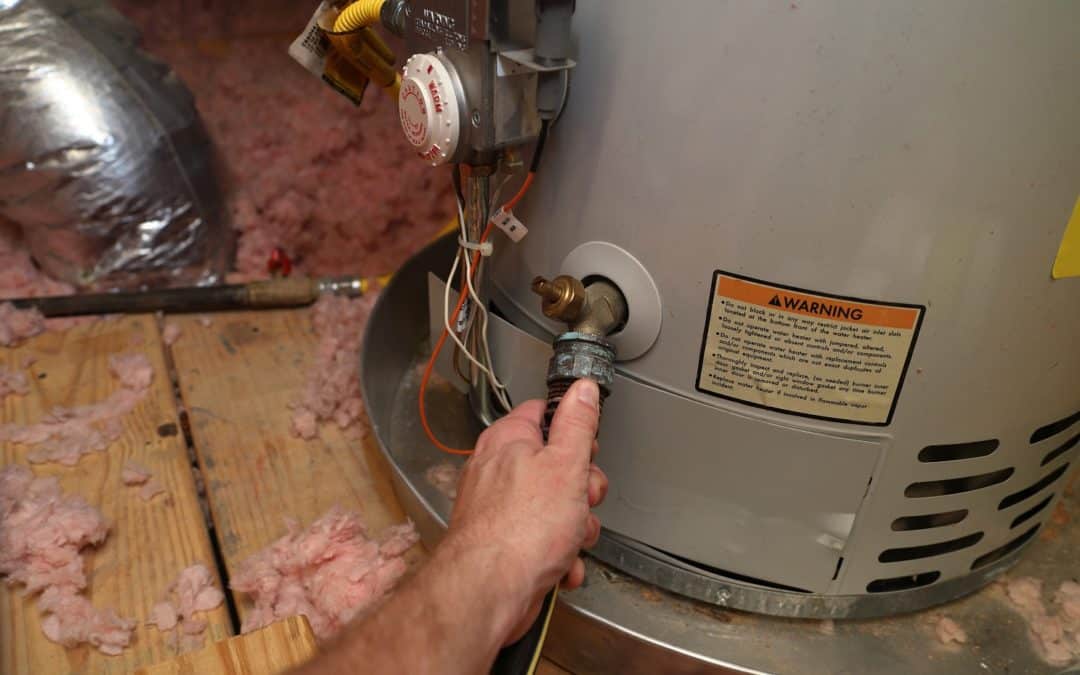Hot water is a staple in most American households. You use it to enjoy a nice, hot shower in the morning or at night. And it’s excellent for cleaning and disinfecting filthy dishes. But, as they say, all good things must come to an end because water heaters only last about eight to ten years.
As a homeowner, you must know the telltale signs of when you should replace your water heater. The good news is, there’s only five of them you need to look out for:
- Manufacture Date
- Insufficient Hot Water Supply
- Sediments Rumbling
- Rusting
- Leaks
If you’re experiencing any of these issues, it might be time to consider buying a new one. And if you’re unsure what the best water heater is for your home and your budget, check out these reviews from waterheaterhub.com.
Manufacture Date
As mentioned earlier, a standard water heater’s life span lasts up to eight or ten years before it needs replacement. With proper care and maintenance, you may be able to relish it for another year or so, but you should use that time to find the right replacement.
If you moved into your home with the tank already installed, it may be challenging to determine when you should make the upgrade.
If you’re unsure about how old your water heater is, check the serial number on the sticker usually found at the top part of the tank. The first two digits on the serial number typically suggest the year when the tank was manufactured. But just to make sure, go ahead and visit the manufacturer’s website and type in the serial number.

Insufficient Supply
Ever wonder why your hot water supply never seems to be enough for your whole household use? Inadequate hot water could stem from two reasons:
- The water heater is nearing its 10th year. As your water heater matures, its capacity to heat up water deteriorates as well.
- Sediments from minerals found in water have built up in your water tank over the years. When these minerals harden over time, they could take up space in your tank, making it less able to contain water like it used to.
So, when you begin to notice that your tank’s capacity to hold hot water is diminished, this may be a good sign to consider buying a new one.
Sediments Rumbling
A healthy water heater should not make any noise. If you hear it rumbling, that might be an indicator to start shopping for a new heater.
Sediment forms and hardens as it is heated and reheated over time. Sediment takes up space and rustles inside the tank, thus making a noise when heating up water.
This is bad for your water tank’s health for two reasons:
- Sediment strains the heating process making it harder to produce hot water.
- The water heater puts more effort into making hot water, thus costing you more energy.
It’s essential to flush your water heater yearly to prevent too much build-up. The more sediments your water heater has, the sooner the damages occur, and the sooner you need to replace it.
Rusty Water
Rusty water is another indicator your water heater needs replacing. Rust forms when metal is exposed to water for an extended period of time. And since water heaters store water, it’s inevitable to prevent corrosion from spreading on the metal’s surface.
Suppose your tank is relatively new but is showing signs of rust. In that case, you may be able to get away with replacing the sacrificial anode rod with a magnesium, aluminum, or zinc anode rod to prevent further damage. However, if your tank is almost 10 years old, it’s high time to make the switch because rust is also an important indicator for leaks.
To check for rusting:
- Prepare four 5-gallon buckets.
- Fill the first two with cold water and the other with hot water.
- Observe the color of each bucket to see if the rust is only visible in hot water alone. If it is, go ahead and start looking for a replacement.
Leaks
The last sign you need to stay on the lookout for is leakage. Leaks could stem from water damage or a broken heater. As metal expands and contracts because of heat, it develops tiny fractures on its surface over time. Metal fractures eventually lead to damages to your water heater, where water can escape and leak.
Scan for water puddles in the surrounding area where your water heater is stored. If your tank is leaking, this needs to be dealt with immediately. Failing to do so could rot your wooden floor, ruin your carpet and other important belongings, as well as grow harmful molds. If you see signs of any leakage in your water heater, call a plumber and have it changed right away.
Takeaway
A water heater is an essential device to make your home a comfortable space. When you start seeing signs like insufficient hot water, rumbling, rust, and leaks, this is the time to examine how old your water heater is. If it has been servicing your household for at least 10 years, then grant it the retirement it deserves.

Recent Comments